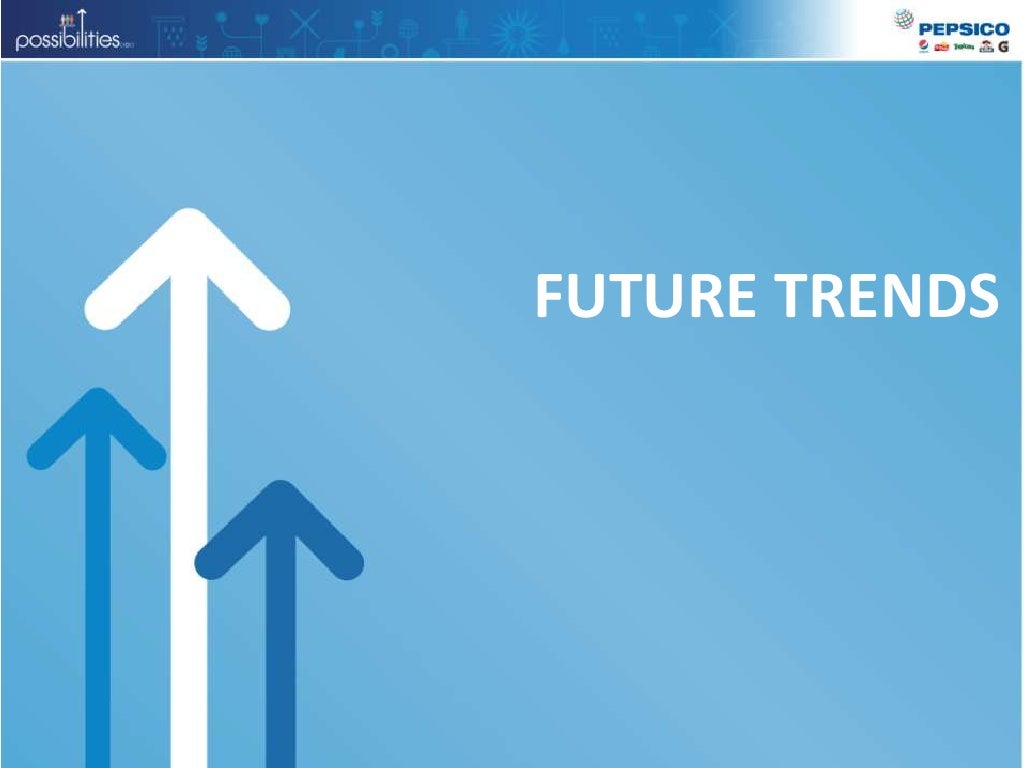Explore the latest developments in cloud computing and stay updated on the future trends shaping the industry. Learn about the technology advancements and how they will impact your business."
Introduction:
Cloud computing has revolutionized the way businesses operate and has become an integral part of the modern digital world. As the technology continues to evolve, it’s essential to stay up to date on the latest trends and developments in the field. In this blog, we will explore some of the future trends in cloud computing.
Multi-cloud and Hybrid Cloud Adoption
One of the biggest trends in cloud computing is the adoption of multi-cloud and hybrid cloud strategies. Companies are looking for ways to take advantage of the benefits of multiple cloud platforms, such as increased flexibility, cost savings, and reduced vendor lock-in. In the future, we can expect to see more businesses utilizing a combination of public and private cloud solutions, as well as different cloud providers, to achieve their specific goals.
 |
| What are the Future Trends In Cloud Computing? |
Edge Computing
Edge computing is another trend that is rapidly gaining momentum. It involves bringing cloud computing capabilities to the edge of the network, closer to the users and devices that need it. This allows for faster processing times and reduced latency, making it ideal for use cases such as IoT devices and real-time data analytics.
Artificial Intelligence and Machine Learning
Artificial Intelligence (AI) and Machine Learning (ML) are increasingly being integrated into cloud computing platforms. This integration allows businesses to leverage the vast amounts of data they collect to improve their operations, gain new insights, and make better decisions. In the future, we can expect to see continued growth in this area, with cloud providers offering more advanced AI and ML tools and services.
Containerization and Serverless Computing
Containerization and serverless computing are two related trends that are set to have a significant impact on the future of cloud computing. Containerization allows for the deployment of applications in a standardized, isolated environment, making it easier to manage and scale applications. Serverless computing, on the other hand, allows developers to focus on writing code rather than managing infrastructure, making it a more efficient and cost-effective option for many use cases.
Increased Focus on Security and Compliance
As more businesses move their operations to the cloud, security and compliance will continue to be a major concern. In response, cloud providers are investing heavily in improving their security measures, and businesses will need to ensure they are implementing best practices to protect their data and applications. This includes adopting a multi-layered security approach, utilizing encryption and access controls, and regularly reviewing and updating their security policies.
Conclusion:
Cloud computing is a rapidly evolving field, and the trends outlined above are just a few of the many developments that are shaping its future. As businesses continue to embrace cloud technology, it's essential to stay up to date on these trends and the impact they will have on the industry. By staying ahead of the curve, businesses can reap the benefits of cloud computing and remain competitive in an ever-changing digital landscape.

